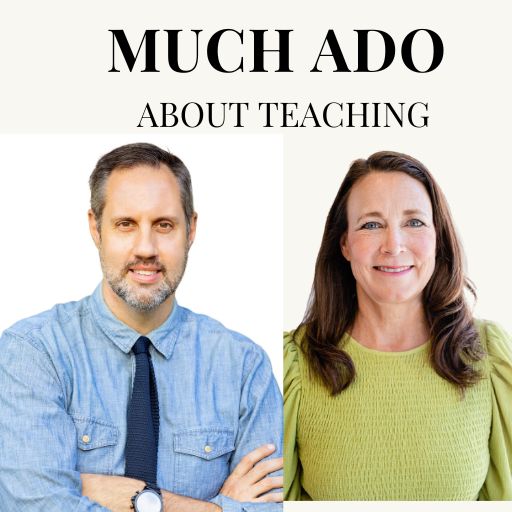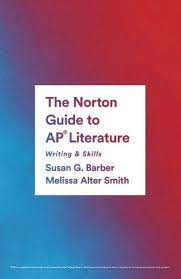Indigenous People Literature
by Susan Barber
Happy Indigenous People Day! I wanted to highlight some texts by indigenous authors that I use in class. There are so many other works that could be on this list, but here’s a start if you’re looking to add indigenous voices to your curriculum.

“If you were fortunate enough to be born into a family whose ancestors directly benefited from genocide and/or slavery, maybe you think the more you don’t know, the more innocent you can stay, which is a good incentive to not find out, to not look too deep, to walk carefully around the sleeping tiger. Look no further than your last name. Follow it back and you might find your line paved with gold, or beset with traps.” – Tommy Orange
Tommy Orange is an amazing storyteller weaving together stories of Native Americans across multiple cities and generations in a unique debut novel. This novel digs deep into the lives of Native Americans and how the past affects their present. The ending is sadly realistic. And the writing is simply beautiful. (Some of these chapters would work as stand alone texts). We read this in multicultural literature last year as a whole class and am offering it as a choice in AP this year. My students leave with a deeper understanding of Native American identity and issues and all say we should be reading more books like this in school.
The Marrow Thieves by Cherie Dimaline

“Sometimes you risk everything for a life worth living, even if you’re not the one that’ll be alive to see it.” – Cherie Dimaline
This book will be a choice in our dystopian unit starting this fall, and I can hardly wait to get this into my students’ hands. (I have been trying to diversity this unit which has been challenging. The Marrow Thieves and The Parable of the Sower provide different voices in this unit).

The Round House by Louise Erdrich
“Now that I knew fear, I also knew it was not permanent. As powerful as it was, its grip on me would loosen. It would pass.”
This coming-of-age story is so compelling and a deep dive into cultural and historical aspects of the Native American life and specifically justice system. This book is not an easy read in the sense that the tragic events are difficult to comprehend, but the search for justice and the making sense of everything from the son’s perspective is a journey that we all need to be on.

An American Sunrise by Joy Harjo, US Poet Laureate
Joy Harjo is an indigenous poet who definitely deserves a place in our classrooms. Her poetry is moving yet accessible for students. Her collection American Sunrise deserves to be explored in classrooms. Check out this hyperdoc for the collection from the TeachLivingPoets site or this hyperdoc for a stand alone poem “Perhaps the World Ends Here” to introduce your students to Harjo.

The Sentence, Louise Erdrich
“Small bookstores have the romance of doomed intimate spaces about to be erased by unfettered capitalism. A lot of people fall in love here. We’ve even had a few proposals.”
I just finished this book tonight and highly recommend. This book offers a Native American perspective on Black Lives Matter and Covid. Set in Minneapolis, this novel includes a ghost, is centered in a bookstore, and checks all of my reading boxes. I’m excited to introduce it to my students.












